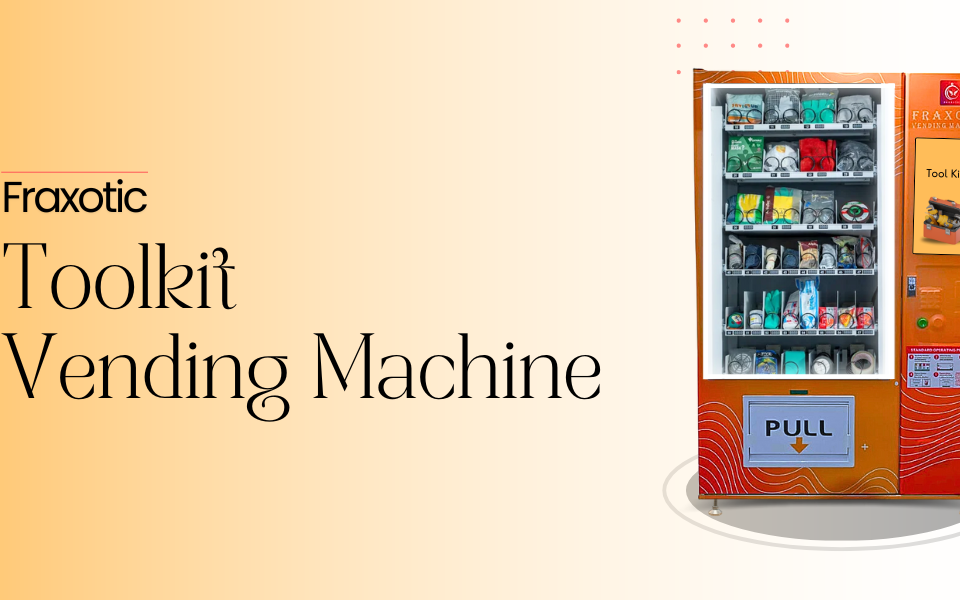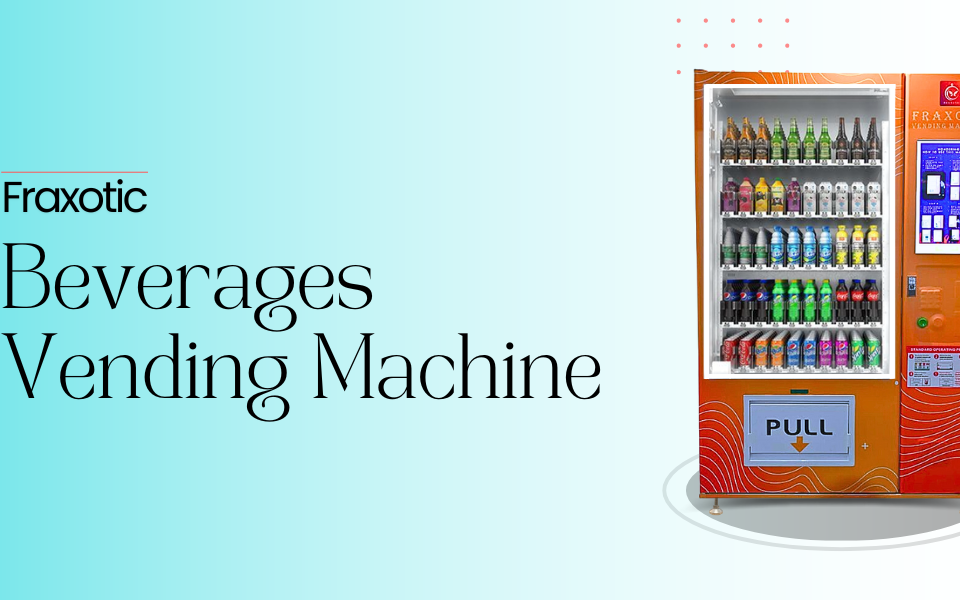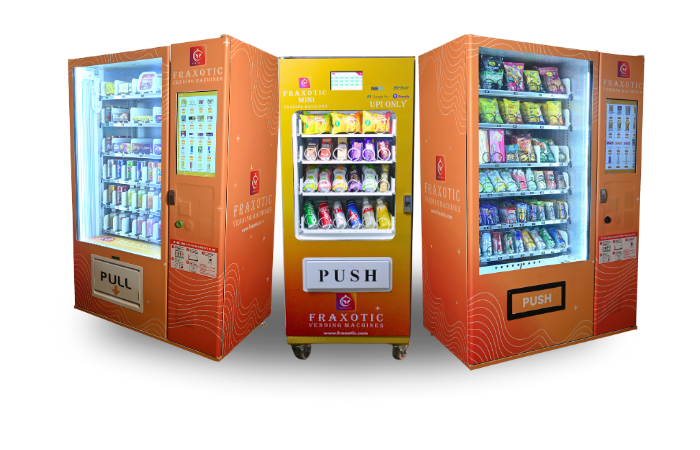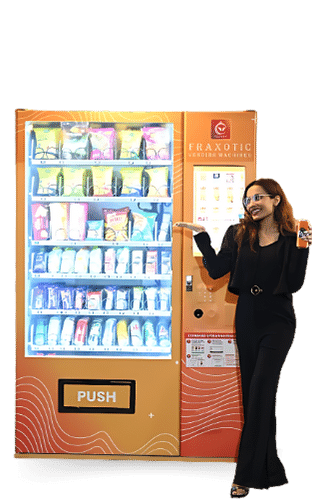
Vending Machine For Sports: Benefits & Types
May 28, 2024
Vending Machine In Hotels: Advantages, Features & Types
May 28, 2024Running a vending machine business in India can be a profitable venture, offering convenience and generating steady income. However, it’s not without its challenges. From securing prime locations to maintaining the machines and catering to diverse customer preferences, several factors can impact the success of your vending machine business. Challenges of running a vending machine business in India are:
1. Finding the Right Locations
One of the biggest challenges in the vending machine business is finding the perfect spots for your machines. High-traffic areas are ideal, but securing these locations can be competitive and costly.
- High Competition: Prime locations such as malls, office buildings, and schools often have high demand.
- Cost of Placement: Some landlords or businesses may charge hefty fees for placing your machines on their premises.
Solution: Conduct thorough market research to identify underserved areas. Negotiate favorable terms with property owners and offer them a percentage of your sales to secure better locations.
2. Dealing with Diverse Customer Preferences
India is a diverse country with varying tastes and preferences across different regions. Stocking your vending machines with the right products can be challenging.
- Regional Preferences: Snacks and beverages that are popular in one region may not be well-received in another.
- Dietary Restrictions: Catering to dietary restrictions and preferences such as vegetarian, vegan, or gluten-free options adds complexity.
Solution: Conduct surveys or use sales data to understand local preferences. Regularly update your product offerings based on customer feedback and sales trends.
3. Security Concerns
Vending machines are vulnerable to theft and vandalism, which can result in significant losses.
- Theft: Machines stocked with cash and products can be targets for thieves.
- Vandalism: Machines placed in less secure areas are at risk of being damaged.
Solution: Install security cameras and alarms near your machines. Use robust, tamper-resistant machines and consider cashless payment systems to reduce the risk of theft.
4. Managing Inventory and Supply Chain
Efficiently managing inventory and ensuring a steady supply of products is a critical aspect of running a vending machine business.
- Stockouts: Running out of popular items can lead to dissatisfied customers and lost sales.
- Supply Chain Disruptions: Delays or issues with suppliers can affect your ability to restock machines.
Solution: Implement an inventory management system that tracks sales and stock levels in real-time. Establish strong relationships with multiple suppliers to mitigate supply chain risks.
5. Compliance with Regulations
Navigating the regulatory landscape in India can be complex, with various licenses and compliance requirements to meet.
- Licensing: Obtaining the necessary licenses and permits can be time-consuming and bureaucratic.
- Health and Safety Standards: Ensuring that your machines and products comply with health and safety regulations is essential.
Solution: Stay informed about local regulations and work with legal experts to ensure compliance. Regularly audit your operations to maintain high standards.
6. Marketing and Customer Engagement
Attracting and retaining customers requires effective marketing and engagement strategies.
- Brand Awareness: Competing with well-established brands can be challenging.
- Customer Loyalty: Encouraging repeat purchases and building customer loyalty takes effort.
Solution: Use social media and local advertising to promote your vending machines. Offer promotions, loyalty programs, and discounts to attract and retain customers.
7. Adapting to Technological Advancements
Keeping up with technological advancements in the vending machine industry can be daunting but necessary.
- Technology Integration: Incorporating new technologies like cashless payments, touchscreens, and remote monitoring systems can be costly and complex.
- Customer Expectations: Customers expect modern, user-friendly machines that offer a seamless experience.
Solution: Gradually integrate new technologies based on customer demand and business growth. Invest in training for your team to manage and maintain advanced vending systems.
Conclusion
Running a vending machine business in India comes with its set of challenges, from finding the right locations and managing diverse customer preferences to dealing with maintenance and security concerns. By understanding these challenges and implementing effective strategies to address them, you can build a successful and profitable vending machine business. Stay adaptable, keep your customers’ needs in focus, and continuously strive to improve your operations to thrive in this competitive market.







1 Comment
Can you be more specific about the content of your article? After reading it, I still have some doubts. Hope you can help me.